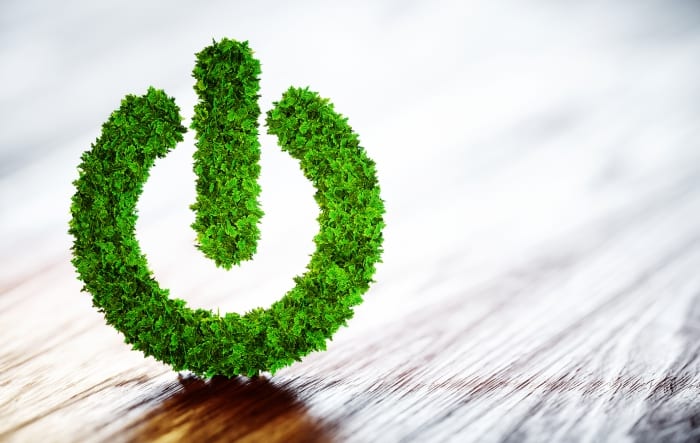Government’s efforts alone cannot attain the goal of achieving 100 per cent renewable energy by 2030.
Minister of Energy and Water Resources, Wilfred Abrahams, stressed this point today, during his address at the Barbados Association of Professional Engineers Seminar ‘100 Renewables by 2030?’, at the Savannah Hotel, Hastings, Christ Church.
“There is no time now for loitering on the steps of innovation and progress… what is required now is certainty and commitment to the 2030 vision,” Minister Abrahams said.
According to Mr. Abrahams, through the Ministry’s development of a series of measures, investment and continuous engagement of all energy stakeholders, Barbados can catapult from its present position of 4 per cent renewable energy to 100 per cent by 2030.
In order for the realization of this 2030 goal, Minister Abrahams noted that there is an urgent need for the National Energy Task Force to finalize a mechanism that will allow for sustainable growth of renewable energy based on predictable and effective price signals to the consumer.
Mr. Abrahams indicated that the Ministry would soon be in a position to formalize a policy regarding a stable pricing mechanism for renewables at the level of the Cabinet.
He highlighted some of Government’s efforts to realize the 2030 goals. These include the Public Sector Smart Energy Programme, UNDP Dream Project, the schools’ net-energy project, replacing streetlights with more efficient lighting technology and partial electrification of government vehicles.

(Stock Photo)
Mr. Abrahams noted that the way forward for the renewable energy sub-sector of solar energy, bio-energy, wind energy, ocean energy and storage must be given prescribed broad objectives and requirements, including allowing for a greater viable number of competing players in the market, and providing significant opportunities to generate wealth.
Exhibiting a strong relationship between local renewable energy projects and regional and international renewable energy initiatives; maximizing the amount of manufacturing or assembly of renewable energy products within the country that is financially and economically viable and operating within a regulatory regime that incentivizes investment are also needed, he said.
Speaking on the importance of pursuing this goal from an economic standpoint, Minister Abrahams said: “It goes without saying that the importation of fossil fuels represents significant expenditure and creates an adverse impact on foreign reserves as well as exposure to the volatility of the international oil markets…
“It is estimated that Barbados can realize economic benefit from renewables of approximately $2.5 billion on average per year.”
Minister Abrahams challenged those present to “let us dare to dream of a quiet, efficient, clean, carbon neutral Barbados”. He also emphasized that it was entirely possible for all stakeholders and Barbadians to rise to the challenge and to be committed to the ideal.
President of the Barbados Association of Professional Engineers, Lieutenant Colonel Trevor Browne, agreed that all stakeholders needed to commit to the 2030 renewable energy goal due to the very volatile price of fossil fuels.
He added that it was also necessary, since fossil fuels, which take millions of years of solar and biological tendencies to create and produce, are finite resources that cannot be replaced once consumed.
